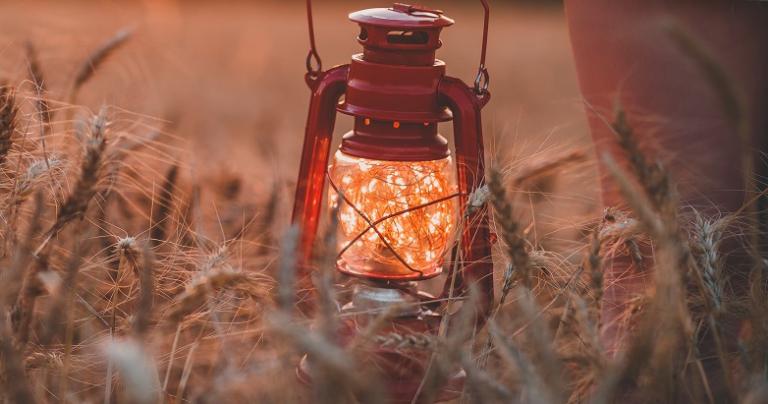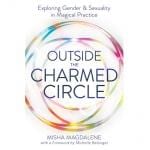Hello, beautiful creatures.
A topic I’ve seen come up here and there in the Pagan blogosphere and social media networks is the question of whether gods and spirits are “real” or merely “mental concepts,” or if they’re somewhere in between, or something altogether different. The theological and/or philosophical lines that get drawn with this question tend to be along lines of tradition and praxis. Polytheists seem more likely to insist on the objective reality of gods, while ceremonial magicians (and especially those with a bent towards chaos magick) seem to trend more towards the “mental concept” school. I’ve spent a fair bit of time chewing on this question myself over the years, as I’m sure many of you have. It’s the sort of intellectual discussion prompt which makes for excellent discussions at a coffee shop or a bar, preferably over a couple of one’s preferred beverages of choice.
However, while it can be an interesting intellectual diversion to debate the issue, I want to suggest that “having the answer” to this question isn’t really all that important at the end of the day. It’s a fun way to pass the time, but it’s largely irrelevant to what we do as magicians, priests, witches, druids, or whatever variety of numinous spiritual practitioner we are. When we’re working magic or practicing devotional rituals, we’re saying and doing certain things with the expectation that certain things will happen as a result. While this kind of working does involve some amount of belief in one’s abilities and connection to the numinous, faith in a religious sense is somewhat tangential to the question of “what happens if I do X.”
From my own experiences, I’ve drawn the conclusion that the gods and spirits are indeed “real,” in the sense that they have an objective existence and agency independent of my own mind, and will often say and do things I didn’t expect and couldn’t predict. Experience isn’t transitive, though. I can’t give anyone else my experiences or beliefs, and I know from my own past history that the positive impact of hearing about others’ experiences and beliefs is limited, at best. If you’re having difficulty with this issue, the best suggestion I can make is that you approach your magical and devotional work as existing its own conceptual space, independent of the rational materiality of the outside world. Just as many practitioners establish sacred or magically consecrated space prior to doing any formal work, in order to keep outside influences out and desired powers in, you can set aside the question of the reality of gods and spirits and simply operate from the hypothesis that they are indeed real… at least for the purposes and duration of your workings or devotions.
This suggestion isn’t meant to be a fancy way of saying “fake it ‘til you make it,” though I understand how the two can look similar. Rather, this approach is a way of giving yourself permission to create and be in spaces where it’s safe to believe, even if only for a period of time, in whatever powers and beings you need to, beginning and ending with yourself.
(As a coda, I should note that there are specific traditions, paths, and forms of practice where it is absolutely essential and necessary to accept and embrace the reality of the forces you’re dealing with, lest you wind up in some terribly unpleasant situations. Caveat magus, in this as in all else, and many thanks to Morgan Daimler for reminding me to mention this, with all the gentle grace I’ve come to expect from them.)
Until next time, dear ones, may you be safe in whatever spaces you create for yourselves. ♥













